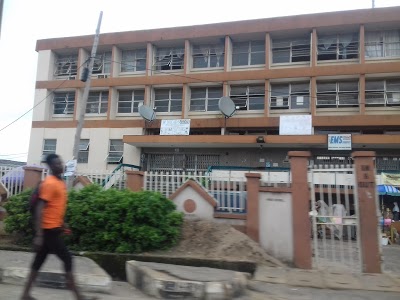Work resumed today after the Christmas and Boxing Day holidays amid the second wave of COVID-19 infection in the country. Radio Nigeria correspondent who visited some offices in Ibadan to see the level of compliance to federal government directives on measures to reduce the spread of COVID-19 Continue Reading
President Muhammadu Buhari recently signed into lawthe Nigerian Correctional Service Bill. The act changes the name of the Nigerian Prisons Service, NPS, to Nigerian Correctional Service. Senior Special Assistant on National Assembly Matters, Senator Ita Enang noted that the Nigeria Correctional Service is made up of two faculties, the custodial and non-custodial service. Continue Reading
